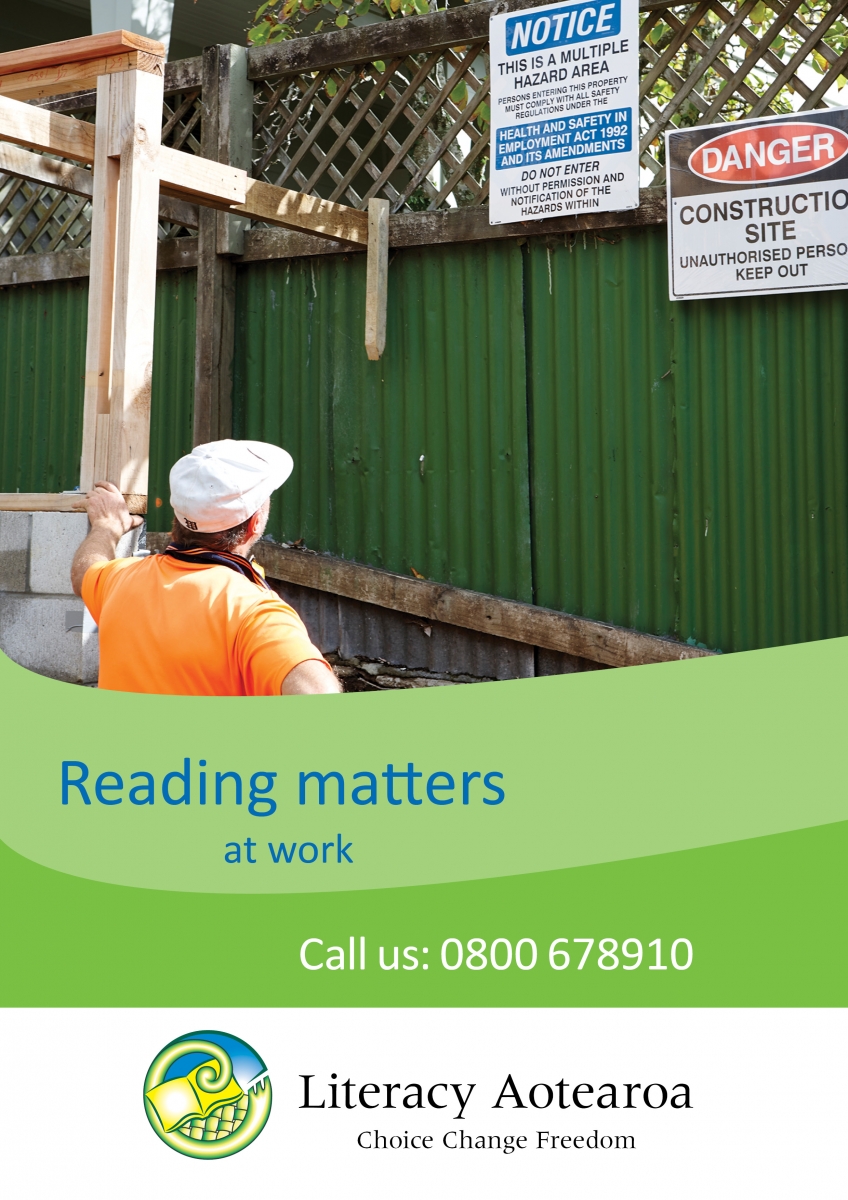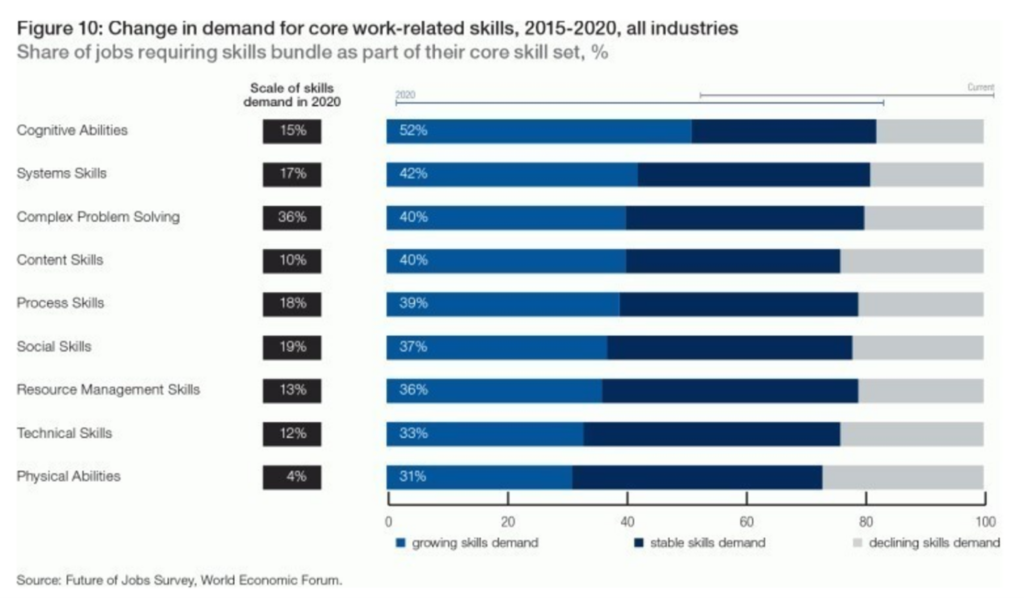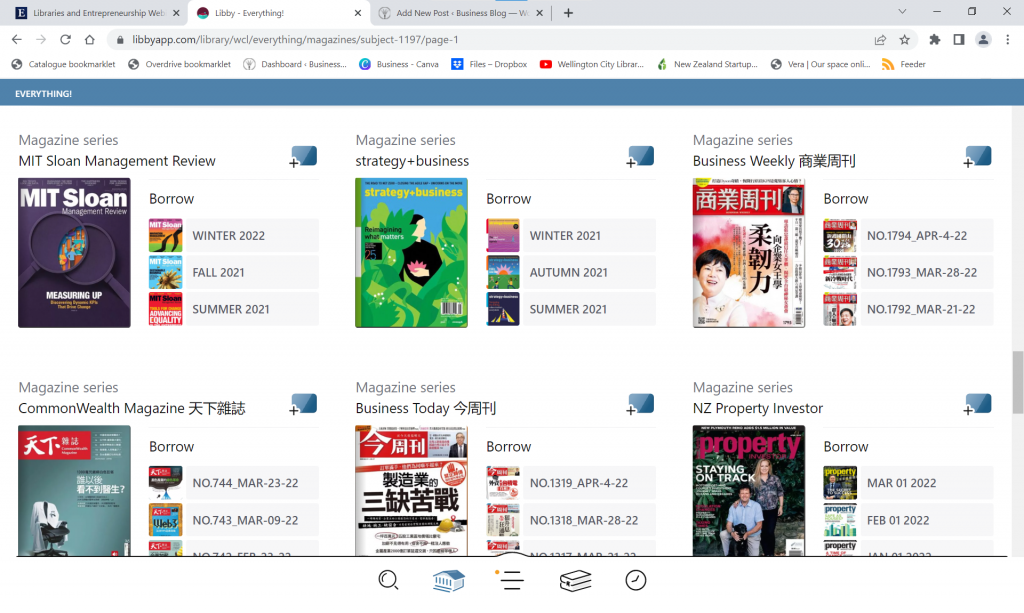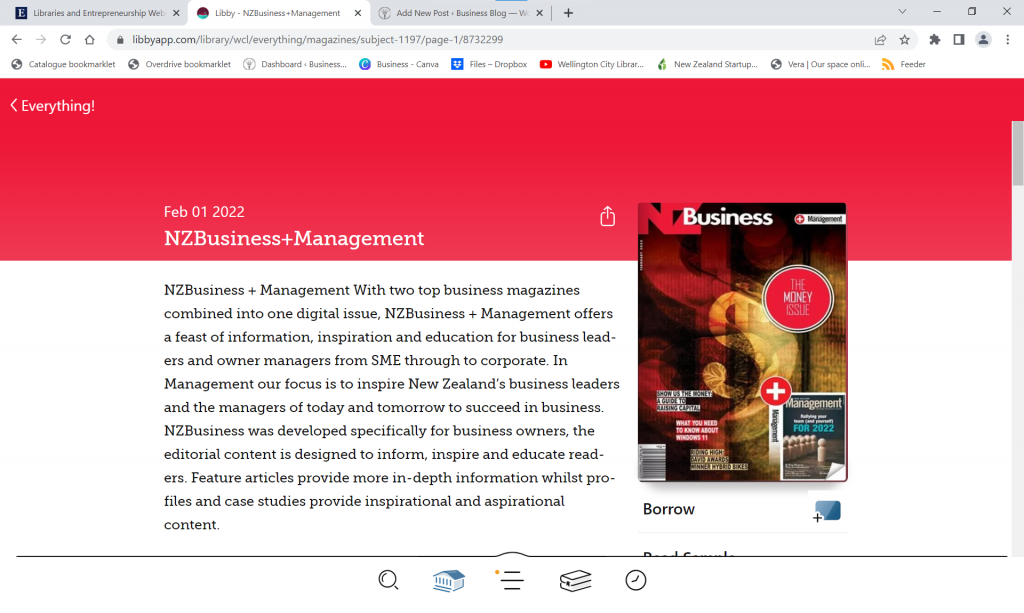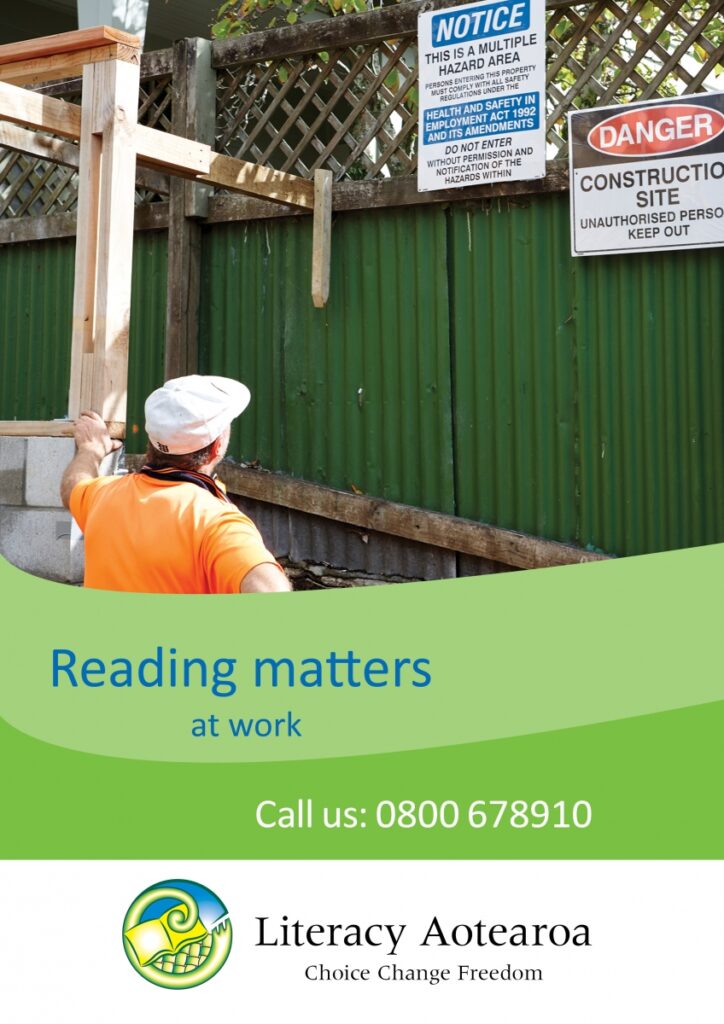
Employee literacy and numeracy skills impact many factors in the workplace. Recession, Covid-19, productivity, innovation, customer service, competition all mean your employees need the literacy and numeracy skills to help lift your business and deal with new challenges, work practices and technologies.
Confidence and skill with language and numbers underpins many other skills that are vital in life and in the workplace. Employees with difficulties can struggle to adapt to new systems, can stumble over paperwork and reporting including avoiding H&S compliance, can be harder to train, avoid new challenges and new opportunities, can become isolated or argumentative, often enjoy work less and generally have poorer job retention.
Supporting basic skills development in staff can lead to a much more adaptable, happy and proactive workforce. A person with the skills to participate in life more fully will bring more value to their job role.
One or a few staff may have quite low literacy or numeracy and may be hiding this. Helping these people may be life changing. But there may also be many staff who have less difficulties but are still considered as having low literacy and are eligible for funded training. Skills considered vital and funded include reading, writing, spelling, language and workplace communication, plus confidence with numbers – and they also extend into digital training, financial skills and self-care skills.
Government – in response to concerns from business about the low levels of literacy of new staff – funds literacy and numeracy education for working adults. You may not know that a problem exists for some staff – Literacy Aotearoa can make a difference.
Benefits
Improved employee performance:
• Improved reading skills mean employees can follow instructions and procedures, leading to a safer workplace with fewer errors or returned products.
• Better speaking and listening skills mean improved communication, more useful feedback and better teamwork.
• Improved writing skills mean more accurate orders and more useful reporting.
• Improved numeracy skills mean accurate deliveries and better record keeping.
• More confidence, greater staff loyalty and improved retention.
• Greater employee safety and health.
• Better problem solving and fewer mistakes.
• Gaining new skills to support innovation and improve productivity.
Funded and Tailored Workplace Programmes.
Literacy Aotearoa is funded by the Tertiary Education Commission (TEC) to develop and deliver tailored literacy, language and numeracy programmes throughout Aotearoa.
We develop programmes that are customised to fit the real and actual needs of your workplace, your staff and their particular job roles and tasks.
Our mission is to develop, promote and deliver accessible, quality literacy services to ensure the peoples of Aotearoa are critically literate and able to realise their full social, cultural and economic potential. We recognise that low literacy is an impediment to many vulnerable people’s lives but we also know that literacy and numeracy are trainable skills.
We design and deliver targeted programmes that addresses general workplace issues and also individual staff needs. By delivering a programme aimed at lifting the skills of a staff group we can support those with the greatest literacy needs while also helping those with lesser issues. Because these programmes are directly related to your employees’ daily activities, they are more relevant, effective, easily remembered and readily put to use.
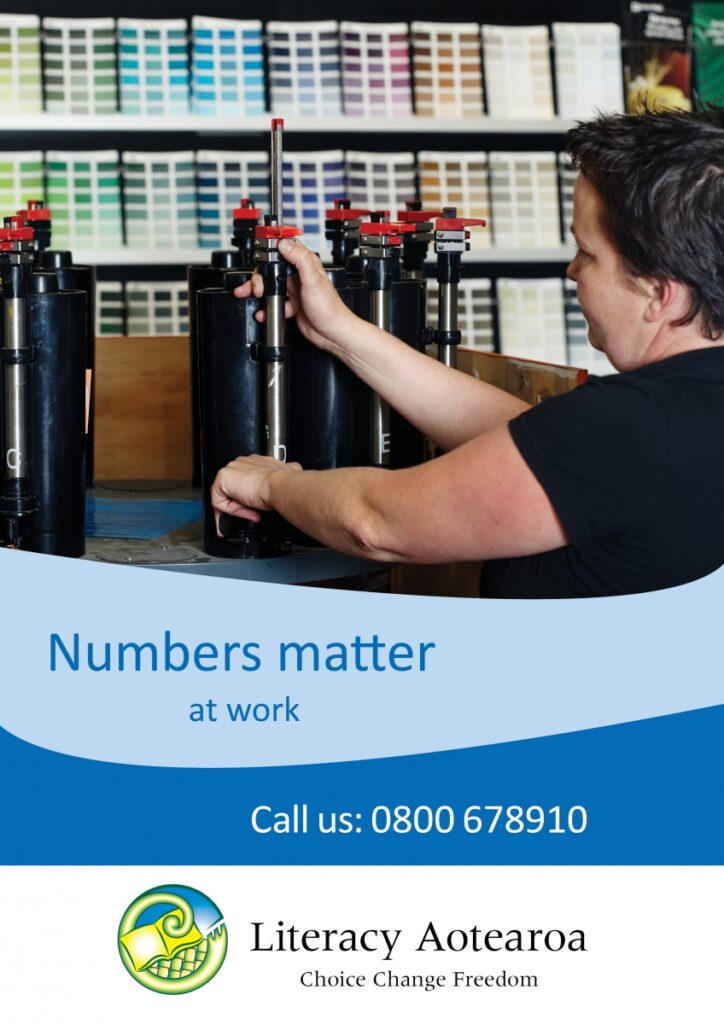
How we work with you
Literacy Aotearoa works closely with a business to develop and deliver quality programmes that will address business priorities and meet employees’ individual literacy, language and numeracy needs.
We:
• meet with your key personnel for a site visit
• identify issues and conduct a needs analysis
• develop a customised group programme to suit the business need and staff
group
• develop individual programmes for each employee
• deliver tuition on-site or at our premises, generally in small groups, at times
that best suit you and your employees.
Taking up this funded support allows a business to provide educational support for staff – that will help them in their daily and work life and that will directly address some of the business issues that low literacy brings. Literacy Aotearoa programmes encourages staff to think about learning and improving their skills while providing the support they need to succeed.
This blog was contributed by Literacy Aotearoa. Check their website to find more about their work and how they can support employers with literacy programmes.


